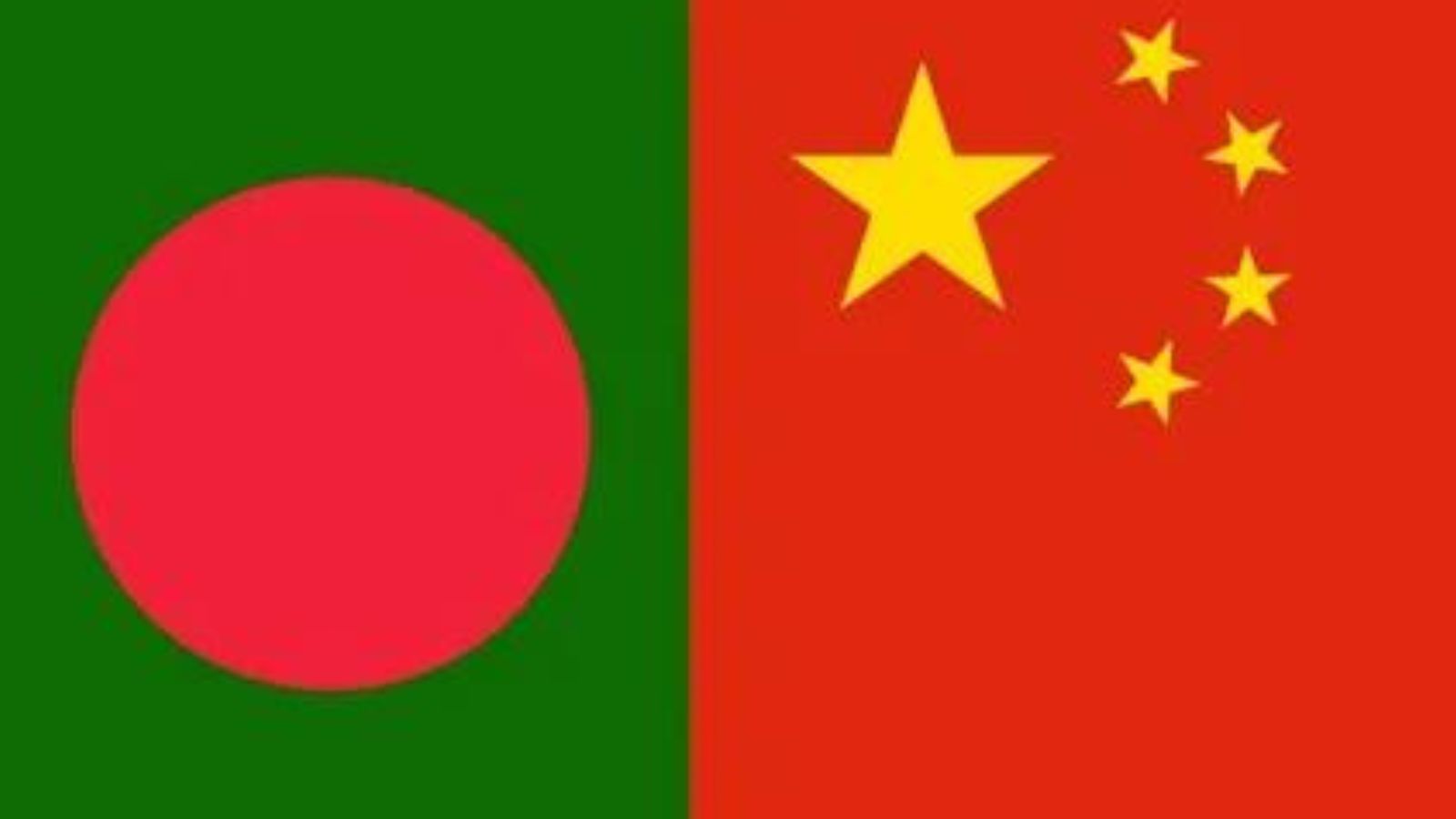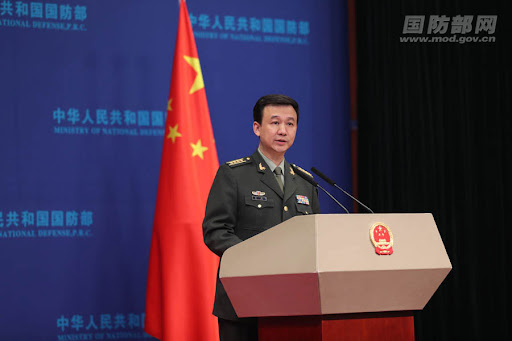Saif
Senior Member
- Joined
- Jan 24, 2024
- Messages
- 17,175
- Likes
- 8,204
- Nation

- Residence

- Axis Group


China and Bangladesh armies to hold first military exercises next month: PLA
According to the consensus reached between the two militaries, the People's Liberation Army (PLA) will send a team to Bangladesh in the first half of next month to hold joint military exercises.
China and Bangladesh armies to hold first military exercises next month: PLA
According to the consensus reached between the two militaries, the People's Liberation Army (PLA) will send a team to Bangladesh in the first half of next month to hold joint military exercises.
By: PTI
Beijing | Updated: April 25, 2024 21:41 IST

Chinese army, military exercises, Bangladesh, ChinaCode named 'China-Bangladesh Golden Friendship 2024', the joint exercise takes the UN peacekeeping force counter-terrorism operations as the scenario (File Photo)
The Chinese army will hold its first military exercises with its Bangladesh counterpart next month, it was announced here on Thursday, as the PLA steadily enhanced its ties with India's neighbour by supplying a host of military equipment in recent years.
According to the consensus reached between the two militaries, the People's Liberation Army (PLA) will send a team to Bangladesh in the first half of next month to hold joint military exercises, Chinese Defence Ministry spokesman, Sr Col Wu Qian announced at a media briefing here.
Code named 'China-Bangladesh Golden Friendship 2024′, the joint exercise takes the UN peacekeeping force counter-terrorism operations as the scenario, he said, adding, that the two militaries will conduct joint training in mixed groups on subjects, including bus anti-hijacking, terrorist camp elimination etc.
"It is the first time the Chinese and Bangladesh militaries will conduct joint training which will enhance mutual understanding and friendship and deepen practical exchanges and cooperation," Wu said.
China, which has invested over USD 25 billion in various projects in Bangladesh, next highest after Pakistan in the South Asian region, has also steadily enhanced defence ties with Dhaka supplying a host of military equipment including battle tanks, naval frigates, missile boats besides fighter jets, much to the chagrin of India.
China has also previously provided two submarines to the Bangladesh navy.
Last year Bangladesh Prime Minister Sheikh Hasina opened a USD 1.21 billion submarine base built by China at Cox's Bazar, which will provide safe jetty facilities to submarines and warships, according to a report carried by the Dhaka Tribune.
The base can accommodate six submarines and eight warships at a time. It will allow for safe and swift movement of the submarines in case of emergency, as the base is located off the Bay of Bengal coast, the report said.
According to the consensus reached between the two militaries, the People's Liberation Army (PLA) will send a team to Bangladesh in the first half of next month to hold joint military exercises.
By: PTI
Beijing | Updated: April 25, 2024 21:41 IST
Chinese army, military exercises, Bangladesh, ChinaCode named 'China-Bangladesh Golden Friendship 2024', the joint exercise takes the UN peacekeeping force counter-terrorism operations as the scenario (File Photo)
The Chinese army will hold its first military exercises with its Bangladesh counterpart next month, it was announced here on Thursday, as the PLA steadily enhanced its ties with India's neighbour by supplying a host of military equipment in recent years.
According to the consensus reached between the two militaries, the People's Liberation Army (PLA) will send a team to Bangladesh in the first half of next month to hold joint military exercises, Chinese Defence Ministry spokesman, Sr Col Wu Qian announced at a media briefing here.
Code named 'China-Bangladesh Golden Friendship 2024′, the joint exercise takes the UN peacekeeping force counter-terrorism operations as the scenario, he said, adding, that the two militaries will conduct joint training in mixed groups on subjects, including bus anti-hijacking, terrorist camp elimination etc.
"It is the first time the Chinese and Bangladesh militaries will conduct joint training which will enhance mutual understanding and friendship and deepen practical exchanges and cooperation," Wu said.
China, which has invested over USD 25 billion in various projects in Bangladesh, next highest after Pakistan in the South Asian region, has also steadily enhanced defence ties with Dhaka supplying a host of military equipment including battle tanks, naval frigates, missile boats besides fighter jets, much to the chagrin of India.
China has also previously provided two submarines to the Bangladesh navy.
Last year Bangladesh Prime Minister Sheikh Hasina opened a USD 1.21 billion submarine base built by China at Cox's Bazar, which will provide safe jetty facilities to submarines and warships, according to a report carried by the Dhaka Tribune.
The base can accommodate six submarines and eight warships at a time. It will allow for safe and swift movement of the submarines in case of emergency, as the base is located off the Bay of Bengal coast, the report said.




































